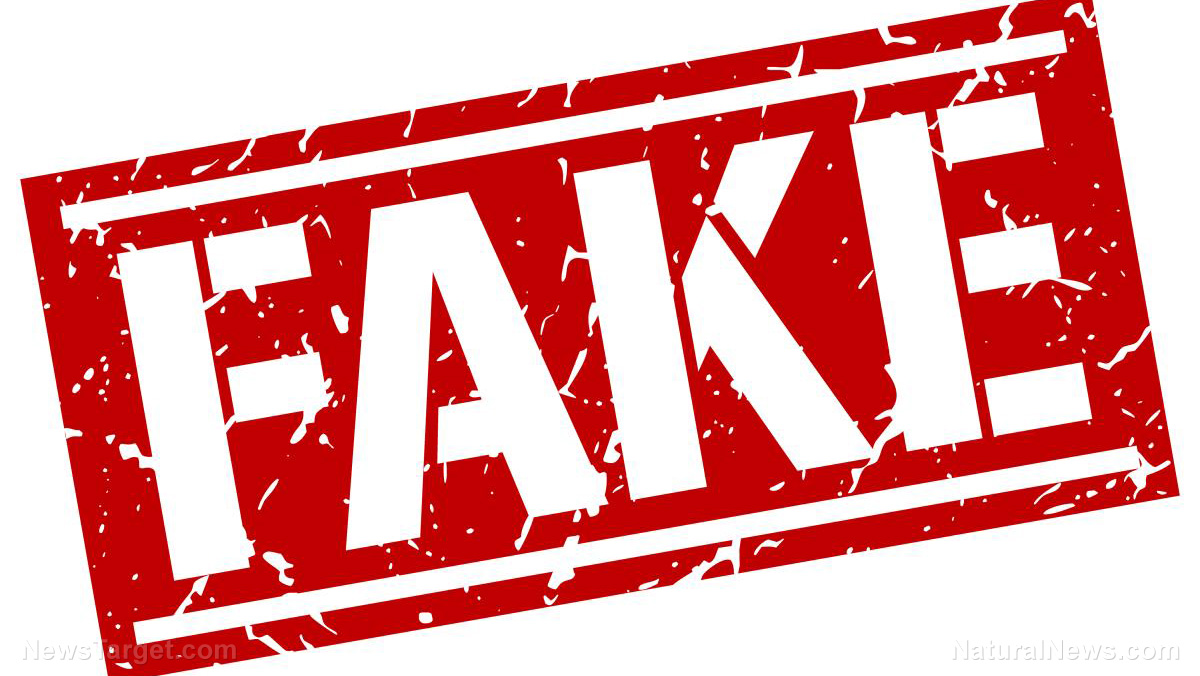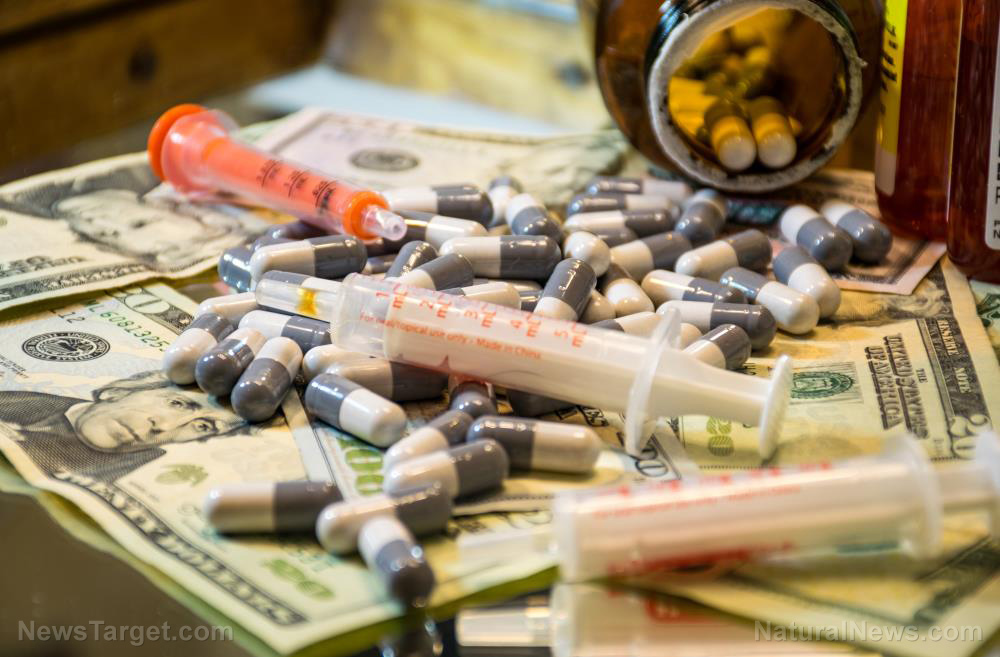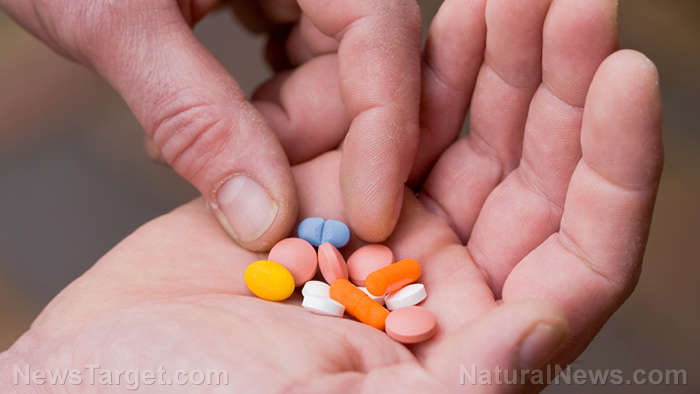Yet another hydroxychloroquine study “debunking” drug’s benefits turns out to be fake science
07/01/2020 / By Ethan Huff

The crusade to malign the benefits of hydroxychloroquine in stamping out the Wuhan coronavirus (COVID-19) has backfired once again with another hoax study being outed as fraudulent.
Almost immediately after an earlier study in The Lancet was debunked, another one took its place. And this new U.K.-based study, known as the “RECOVERY” trials, is just as flawed as the first.
As pointed out by Edmund Fordham, the RECOVERY trial used insanely high doses of a different form chloroquine to “prove” that the drug is dangerous and does not work.
“Internet sleuths … got to work on the very heavy doses of the drug that were given – 2400 mg in the first 24 hours, a ‘dose fit for a gorilla’ as one critic had it,” wrote Fordham.
“Quizzed about this, Landray (the study’s author) defended the dosage, twice, as being usual for other diseases such as amoebic dysentery.”
In other words, the RECOVERY trials administered unnaturally high doses of hydroxychloroquine to patients based on the “reasoning” that such doses are used for diseases other than those caused by the Wuhan coronavirus (COVID-19) – which makes no logical sense.
What is worse is the fact that hydroxychloroquine is not even an appropriate drug for treating dysentery.
“As a footnote in medical history, the older chloroquine was used half a century ago in attempts to control dysentery, but Professor Christian Perronne, head of infectious diseases at Garches, France, told France Soir that it had been abandoned before 1976,” Fordham writes.
“Was Landray confusing hydroxychloroquine with the hydroxyquinolines, which are used for dysentery?” he further asks, suggesting that Landray is not even aware that he is talking about a completely different drug.
So, the medical deep state killed innocent people to “prove” that hydroxychloroquine doesn’t work for coronavirus?
Perhaps the most disturbing element of the RECOVERY trials is the fact that 1,132 patients ended up dying from the super-high doses of hydroxychloroquine they were carelessly given as part of this effort to “disprove” the effectiveness of hydroxychloroquine for the Wuhan coronavirus (COVID-19).
Since it appears as though deliberate deception was involved in the methodology behind this study, we can only conclude that 1,132 innocent lives were taken on purpose as part of the deep state’s anti-hydroxychloroquine crusade.
When question about this, Landray insisted twice that his dosages were correct and that everything was performed correctly as part of his study. He later changed his story, though, and is now insisting that the media misquoted him concerning the dosages.
Landray is now insistent that the high doses he gave were not actually high doses, and that the U.K. allows for up to 24 whole grams of hydroxychloroquine to be administered to a patient at one time. The truth, however, is that 24 grams of hydroxychloroquine would more than likely kill a patient right on the spot, which makes Landray wrong again.
“In France 1800 mg in a day mandates hospitalization as a poisoning,” Fordham warns. “Twenty-four grams at one go would be almost certainly lethal, possibly even to a gorilla. So Landray has had notice of some hard questions on dose, which will no doubt be explained in the full report, not yet released.”
The good news is that Landray’s study was canceled before even more participants ended up dead from what amounts to deliberate medical malpractice.
“In the end … this study is just another in a long list which completely miss the mark and it’s good that it was canceled,” reports Red State about how this latest anti-hydroxychloroquine study only proves that the left is deranged beyond reason. “The whole thing feels politicized at this point.”
More stories about the deep state’s medical science deceptions are available at ScienceClowns.com.
Sources for this article include:
Tagged Under: bad research, Big Pharma, deception, drug, fake, flawed, flop, hoax, hydroxychloroquine, RECOVERY trials, rigged, Study
RECENT NEWS & ARTICLES
PharmaceuticalFraud.com is a fact-based public education website published by Pharmaceutical Fraud Features, LLC.
All content copyright © 2018 by Pharmaceutical Fraud Features, LLC.
Contact Us with Tips or Corrections
All trademarks, registered trademarks and servicemarks mentioned on this site are the property of their respective owners.


















